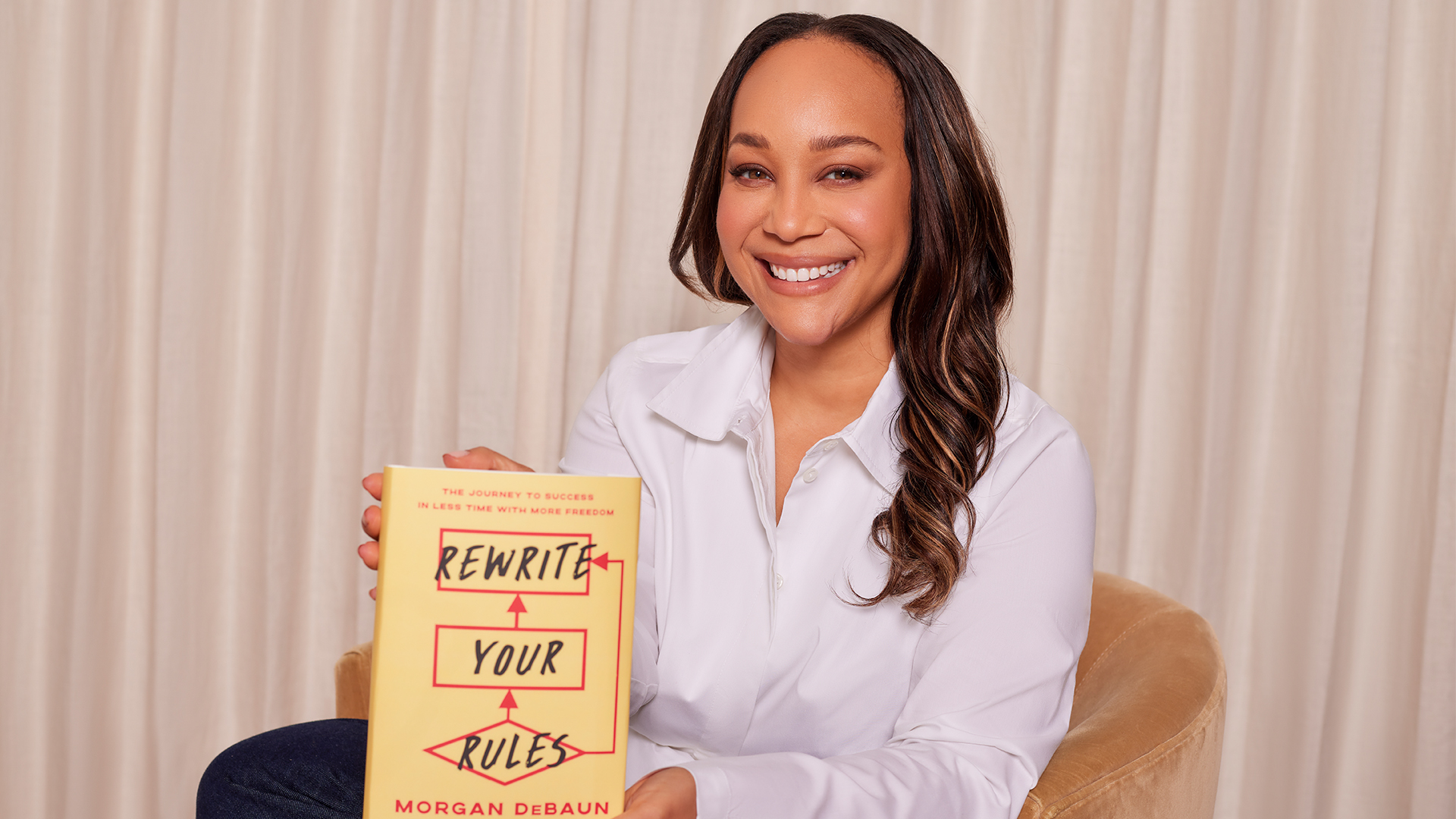“There are two types of personalities when it comes to self-marketing. There are the Master Ps in business, who will market his products to absolute strangers at every single moment of his day. Then there’s the other 75% of people who have glossophobia, fear of public speaking. You may be in the latter group.
You were never the artist in the ‘80s and ‘90s who would have a box of CDs or cassette tapes in your car, ready to have a mobile distribution destination in every parking lot nearby. The idea of walking up to someone with a postcard, a brochure or a clipboard is out of the question. You might be OK putting marketing material on people’s windshields, but you’d rather drink a jug of beet juice instead of encouraging people to come to your vendor booth.
You know you need to sell a product. Likewise, you know the only way for someone to find out about your product is to actually search for that target demographic and share your pitch. But fear of rejection will make you avoid eye contact at your own vendor booth or stick a sales brochure up on a public cork board and dart away so no one catches you. Alternatively, you’ll just post your product on social media and hope for the best.

Then, here comes a publicist, who is the exact opposite of you. This person is the epitome of an extrovert, the type who would volunteer first for a Toastmasters speech and has no problems mingling in a crowd of potential customers.
This is a professional you absolutely need to hire for your marketing and branding plans.
What Does a Publicist Do?
A publicist’s primary job is to make sure that your business message reaches consumers. After learning all about your brand, they will dissect any branding and marketing that was already done, what worked and what didn’t, and figure out what to improve.

If you’ve soured yourself on speaking to certain businesses or media outlets, a publicist is your liaison to (softly) pass the message on. While you’ll want to guard your public image (and product), knowing when to say “yes” and “no” also assists in avoiding factors that will hurt your business’s image. If there are companies, influencers, journalists or other significant people who you are having a tough time reaching, a publicist can pitch those ideas to all of the above.
What Does a Publicity Team Do?
While some publicists may specialize in oratory speaking and being “movers and shakers” in a crowd, it’s not uncommon that this marketing guru has a team. One person on the team may be a speechwriter. The next could be a graphic designer. There’s definitely going to be a social media manager and a press release writer on the team. And depending on how much digital work is involved, a website writer, a coder or an app developer are possibilities.
Is this starting to sound expensive? It doesn’t have to. With advancements in artificial intelligence, what may have cost an exorbitant fee for a large group of people can now come down to a small group. Web platforms like Canva have made it easier for novice graphic designers to create everything from infographics to postcards. ChatGPT can help out with press releases — just make sure you proofread the output. Building e-commerce sites and “About Us” pages with website template platforms on Shopify and Square significantly drill down on all the HTML/CSS coding that web developers used to need to know.
Regardless of what AI can do, the publicity team makes sure to have a final (and careful) human look at any marketing material to confirm it all makes sense before the public sees it.

Before Hiring a Publicist, What Else Should You Know?
One of the most common problems when hiring someone new to a team, besides concerns about being qualified, is them not always fitting the company culture. If you’re an early bird and your publicist is a night owl, reaching a happy medium on meetup times is key. If your publicist is more likely to send a text and you’re all about FaceTime, many phone conversations will clash. If your publicist prefers virtual meetings while you want to sit in a coworking space and flesh out the details, expect some frustration on both ends. Your publicist may be boisterous and blunt while you’re more subdued. The two of you may not always agree that “opposites attract.”
While your publicist is ideally an expert in marketing and branding for your product, make sure that those soft skills and basic administrative skills are in alignment. Maybe you can compromise on a few Google Meet appointments and save yourself some gas. Perhaps your publicist can actually dial 10 digits to hear your voice instead of monitoring a flurry of blue and green bubbles. Consider brunch meetups instead of early-bird-special breakfast meetings.
And when it comes to tone and delivery, have frank discussions with your publicist about when to be stern with third parties versus being flippant. (Being rude in business tends to have a long-lasting effect, and that character trait travels on to other potential clients whether the behavior is coming from you or anyone you’re affiliated with.) Sometimes people really do need to stand 10 toes down on what they believe in. However, just being stubborn and difficult because it’s in your nature won’t do anybody any bit of good. You and your publicist should be on the same page with attitudes.

How Long Does It Take to See Success With a Publicist?
As an example of popular online ads, approximately 63% of people have clicked on a Google Ad in their lifetime. But that still leaves 37% who couldn’t care less. Seventy-four percent of journalists value press releases. But that still leaves 26% who delete them as soon as they arrive. Seventy-four percent of people are worn out by social media ads, but other groups still buy products from a social media ad: 22% of Gen Z, 27% of Millennials, 19% of Gen X and 8% of Baby Boomers.
In all of these examples, there was a group who was enthusiastically into a product being marketed to them and another group thinking, “Enough is enough.” It is the job of a publicist to know not only what, when and where to sell, but who fits which marketing method.
Will your publicist make you millions in a month? That’s not likely. Will every marketing plan or ad decision have you swimming in money like Scrooge McDuck? Rarely. But a publicist, who is usually paid a monthly fee, knows that if this person doesn’t deliver, that monthly income will dry up. So a successful publicist wants you to make money so they can in turn make money. They will have your best interest at heart for the long run.
And if you’re not someone who is comfortable going at it alone, hiring a publicist may be the best way to handle all the marketing tasks you don’t want to do. This way, you can focus on where you excel most.















